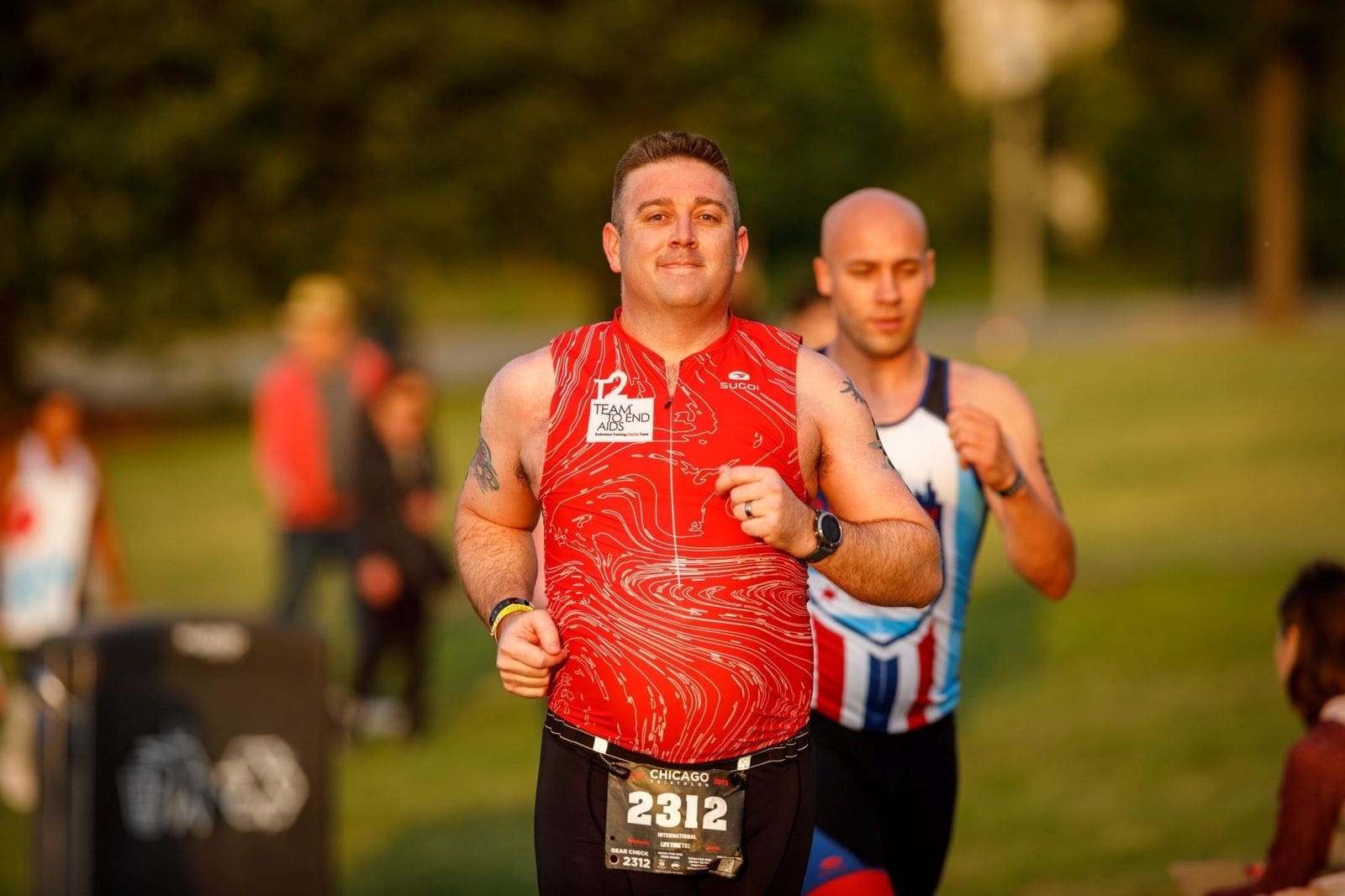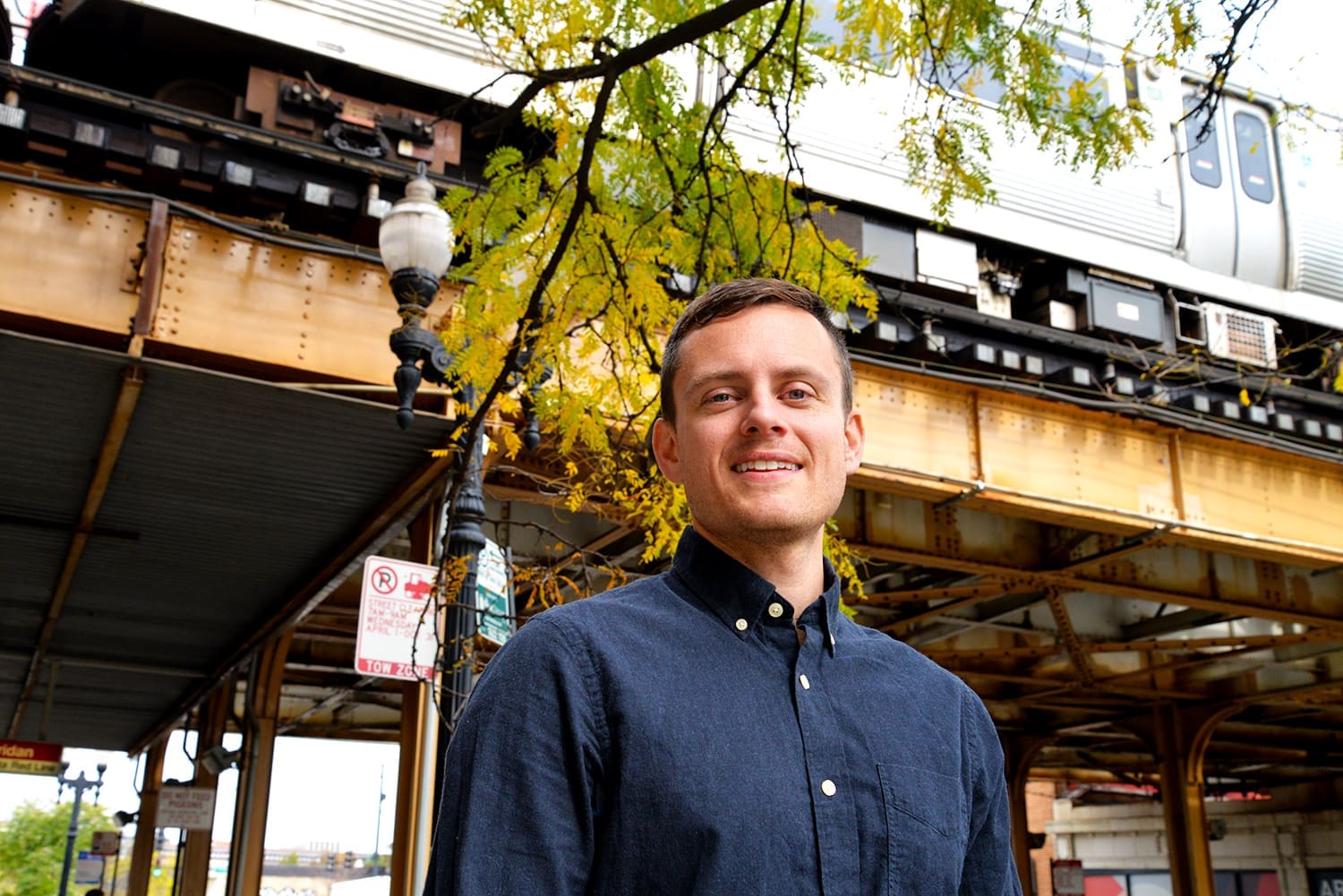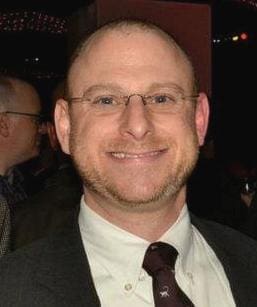This article highlights the successes the AIDS Foundation of Chicago achieved in 2016. Read more about our work in our Annual Report.
On a brisk January evening, the leaders of several Chicago-area HIV organizations arrive, after a long day of work, at the AIDS Foundation of Chicago’s conference room to tackle some of the questions that will determine the fate of their organizations.
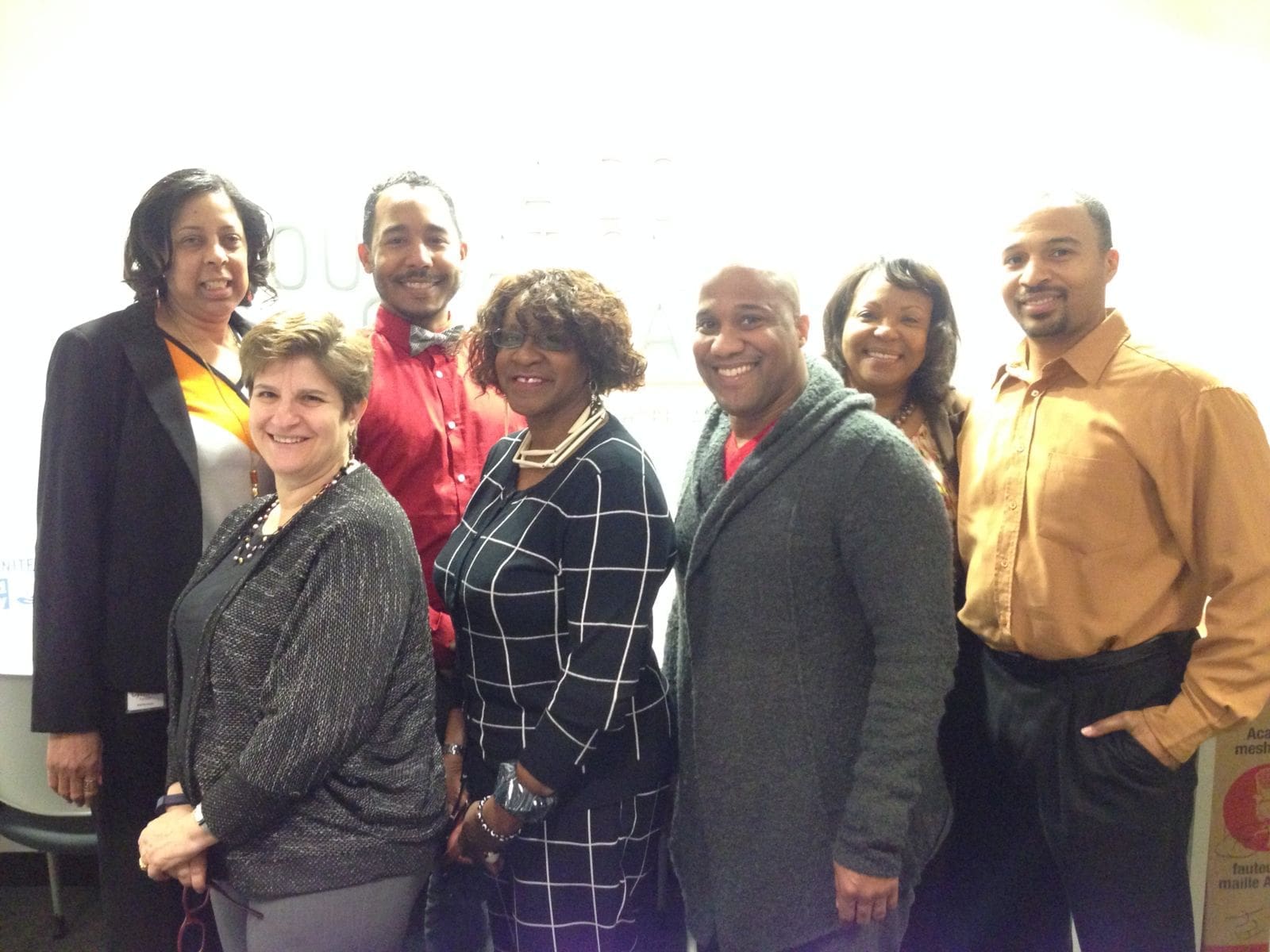 For the last year, executive directors from three organizations, the Chicago Gay Black Men’s Caucus, Project Vida, and Taskforce Prevention and Community Services, have been meeting monthly and with individual consultants to strengthen their organizations together — and with targeted help from consultants who can pinpoint opportunity areas and build capacity for them. Two other organizations, Legal Assistance Foundation and Chicago Women’s AIDS Project, have benefited from micro-grants and other forms of support through a new AFC effort called the Capacity Building and Technical Assistance Program.
For the last year, executive directors from three organizations, the Chicago Gay Black Men’s Caucus, Project Vida, and Taskforce Prevention and Community Services, have been meeting monthly and with individual consultants to strengthen their organizations together — and with targeted help from consultants who can pinpoint opportunity areas and build capacity for them. Two other organizations, Legal Assistance Foundation and Chicago Women’s AIDS Project, have benefited from micro-grants and other forms of support through a new AFC effort called the Capacity Building and Technical Assistance Program.
This program is the brainchild of Cynthia Tucker, AFC’s vice president of prevention and community partnerships; she has long seen AFC’s potential in being a convener of ideas and group-led efforts to make some of Chicago’s most vital organizations stronger. “It was important to the AIDS Foundation of Chicago to work with small, mid-level organizations specifically on the south and west side of Chicago where there is a gap in services and where those organizations really provide that one-on-one face-to-face service with priority populations that are impacted or highly vulnerable to HIV and AIDS.”
These organizations are, relatively speaking, small — led by part-time or first-time executive directors, making big successes happen with few or no paid staff, and sometimes struggling without the administrative and leadership support that makes a good organization great. AFC’s program provides support and training around marketing, finance, strategic planning and more — including grant application support and networking.
Smaller is oftentimes better. “It’s those small organizations that are really innovative and get out and actually have avenues and mechanisms to link to hard-to-reach populations, which are the ones that are highly impacted by HIV, and connect them to services,” said Tucker.
One opportunity stands out in Tucker’s mind as an example of the potential of a program like this: at the end of 2016, the Chicago Department of Public Health released a grant for PrEP expansion across Chicago. While each organization had strong qualifications for pursuing the grant, they needed backup from bigger organizations to fill in some gaps. “We brought in consultants to work with them one-on-one to do mentoring, coaching, training, help them with logic models, evaluations and more,” recalled Tucker.
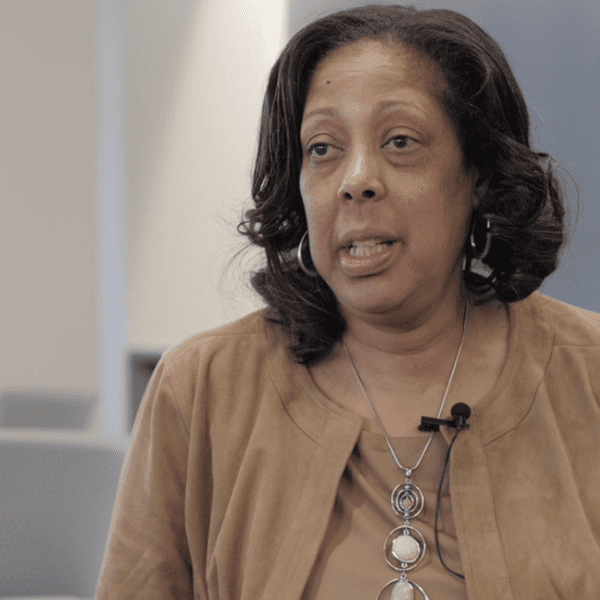 Each of the five Capacity Building and Technical Assistance Program participants were ultimately funded directly or indirectly by the grant, able to bring their newly refined leadership and expertise to expand the most important HIV prevention tool on the scene. It’s successes like this that make Tucker certain that she and AFC are mobilizing communities in a way that is uniquely, vitally part of AFC’s mission.
Each of the five Capacity Building and Technical Assistance Program participants were ultimately funded directly or indirectly by the grant, able to bring their newly refined leadership and expertise to expand the most important HIV prevention tool on the scene. It’s successes like this that make Tucker certain that she and AFC are mobilizing communities in a way that is uniquely, vitally part of AFC’s mission.
“AFC has proven itself as a knowledge and collaboration center,” said Tucker. “AFC is a leader, a convener, a collaborator, a policy maker. We are bold and making sure that these alliances and partnerships come alive.”

